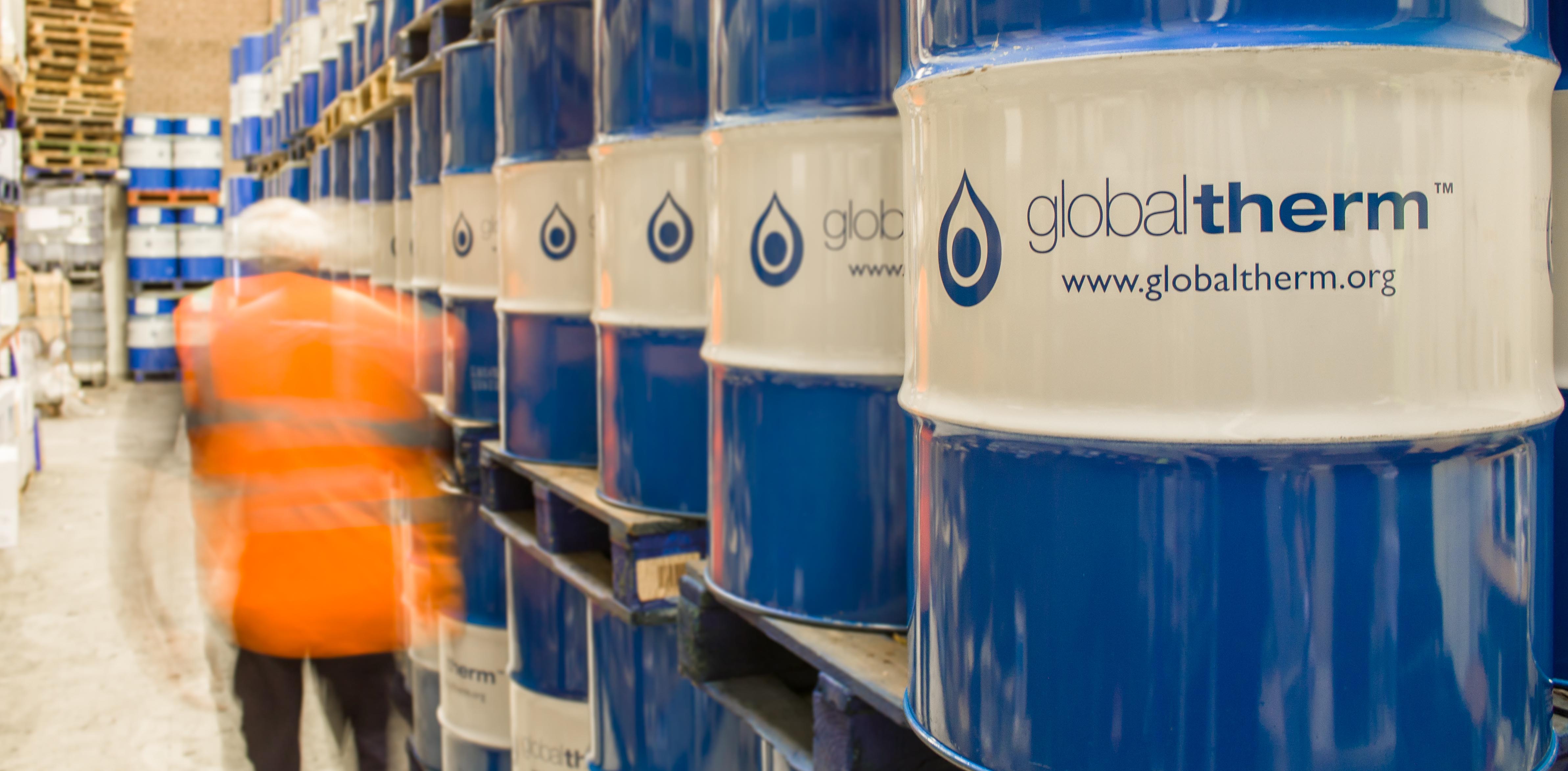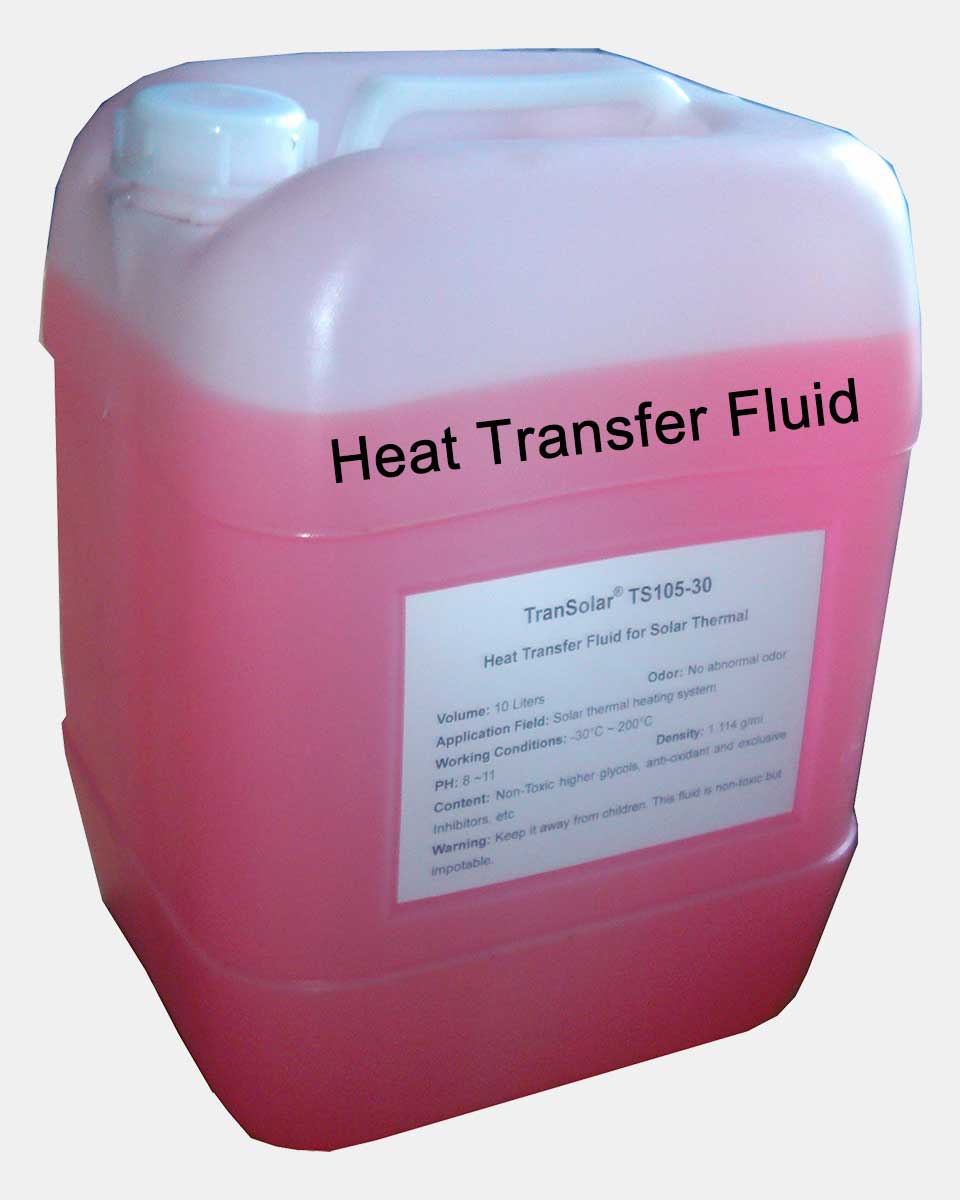Top Perks of Using Silicone Oil as a Heat Transfer Fluid in High-Tech Machinery
Top Perks of Using Silicone Oil as a Heat Transfer Fluid in High-Tech Machinery
Blog Article
Why Picking the Right Heat Transfer Fluid Is Vital for Optimal System Performance
Choosing an ideal warm transfer fluid is a crucial decision that can significantly influence system performance and operational costs. As the ramifications of this option prolong much beyond prompt efficiency, recognizing the nuances of fluid option comes to be necessary for any person looking to attain ideal system performance.
Relevance of Heat Transfer Fluids
What function do warm transfer fluids play in industrial procedures? Warm transfer fluids are essential for the reliable transfer of thermal energy within different commercial systems.
The choice of warm transfer liquid can substantially impact energy efficiency, safety, and devices longevity. Liquids need to be qualified of withstanding high temperature levels and pressures without degrading, as well as exhibition minimal volatility and reduced toxicity. Their efficiency directly impacts not only the efficiency of the system yet also its functional prices.
Furthermore, warm transfer fluids play an important function in keeping procedure control, making certain that temperature changes are reduced. This is specifically important in delicate applications such as petrochemicals and drugs, where specific temperature level monitoring is critical. Generally, the value of selecting the right warmth transfer liquid can not be overstated, as it is integral to maximizing industrial processes and improving overall system performance.
Key Characteristic to Think About
When picking a warmth transfer fluid, which key residential or commercial properties should be prioritized to ensure optimal performance? Thermal conductivity is critical; a liquid with high thermal conductivity will effectively transfer heat, reducing power loss. In addition, the particular warm ability of the fluid is crucial, as it determines exactly how much power the liquid can store and launch, affecting general system responsiveness.
Thickness is an additional substantial residential or commercial property to think about, as it affects the liquid's flow characteristics; reduced thickness fluids are normally chosen for easier circulation and lowered pumping power. The liquid's temperature level range is just as crucial; it should execute successfully within the functional temperature levels of the system without evaporating or degrading.
Consider the ecological effect and security account of the fluid, as laws and sustainability objectives increasingly influence fluid option. By prioritizing these key properties, one can pick a heat transfer fluid that boosts system durability and integrity.

Influence On System Efficiency
The choice of heat transfer fluid straight affects system effectiveness, affecting both power usage and operational performance. A fluid's thermal conductivity, thickness, and warm ability play pivotal functions in how effectively it moves warm within a system. Optimum fluid residential properties ensure that heat is soaked up and dispersed effectively, reducing power losses and improving the overall efficiency of the system.

Furthermore, the compatibility of the fluid with system materials can significantly impact efficiency. A fluid that creates deterioration or deterioration can cause leakages and system failings, even more diminishing performance. In recap, the appropriate warm transfer fluid not only maximizes energy performance and reduces prices however also boosts the dependability and longevity of the system, making it an important consideration for designers and decision-makers in thermal administration applications.
Typical Kinds Of Heat Transfer Fluids
A variety of warmth transfer liquids are typically employed in thermal management systems, each with unique buildings fit to certain applications. Water is just one of the most extensively used heat transfer fluids as a result of its high specific warmth ability, reduced cost, and availability. Nevertheless, its cold factor restricts its use in low-temperature applications.
Thermal oils, often stemmed from oil, are an additional popular option, especially in high-temperature systems. These fluids can run at raised temperature levels without address vaporizing, making them ideal for commercial applications. They may have constraints concerning thermal security.
Refrigerants, utilized mostly in cooling down systems, have distinct thermodynamic homes that enable efficient warm transfer at reduced temperature levels. Their choice is important to guarantee performance and compliance with ecological laws.

In enhancement, phase change materials (PCMs) are getting traction for their ability to take in and release significant quantities of warm throughout phase transitions, using a distinct remedy for thermal power storage. Each liquid's certain characteristics need to be assessed for optimum performance.
Best Practices for Choice
Picking the appropriate heat transfer liquid involves mindful factor to consider of a number of key aspects that straighten with the particular requirements of the application. Analyze the operational temperature level range. The fluid should keep its buildings and effectiveness across the intended temperature level range. Second, take into consideration the fluid's thermal conductivity, which influences heat transfer rates; higher thermal conductivity normally brings about enhanced efficiency.
Furthermore, evaluate the liquid's thickness, as it affects pumping power and general system effectiveness. Lower viscosity liquids generally minimize power consumption during flow. Compatibility with system materials is visit this site an additional vital aspect; guarantee that the liquid does not trigger deterioration or deterioration of elements and pipelines.
Following, take right into account the liquid's security and durability, particularly in high-temperature applications. A stable fluid decreases upkeep and substitute expenses. Last but not least, environmental and security policies should assist your choice procedure, stressing non-toxic and eco-friendly choices when feasible.
Verdict
In final thought, choosing the ideal warm transfer fluid is important for attaining ideal system effectiveness. The ideal fluid enhances thermal conductivity, minimizes energy losses, and promotes tools durability, inevitably resulting in enhanced system integrity and performance. Comprehending the vital residential properties and effects of numerous fluids on system efficiency is critical for educated decision-making. Following finest methods in fluid option can result in link significant long-lasting expense financial savings and operational performance.
Warmth transfer fluids are necessary for the efficient transfer of thermal power within different industrial systems. Additionally, the details heat capacity of the liquid is crucial, as it figures out exactly how much energy the liquid can launch and store, affecting general system responsiveness.
Consider the environmental impact and safety and security profile of the fluid, as guidelines and sustainability goals increasingly affect fluid option - heat transfer fluid. A liquid's thermal conductivity, thickness, and warmth ability play essential duties in just how efficiently it moves warm within a system. Water is one of the most extensively made use of warmth transfer fluids due to its high details warm capacity, reduced price, and schedule
Report this page